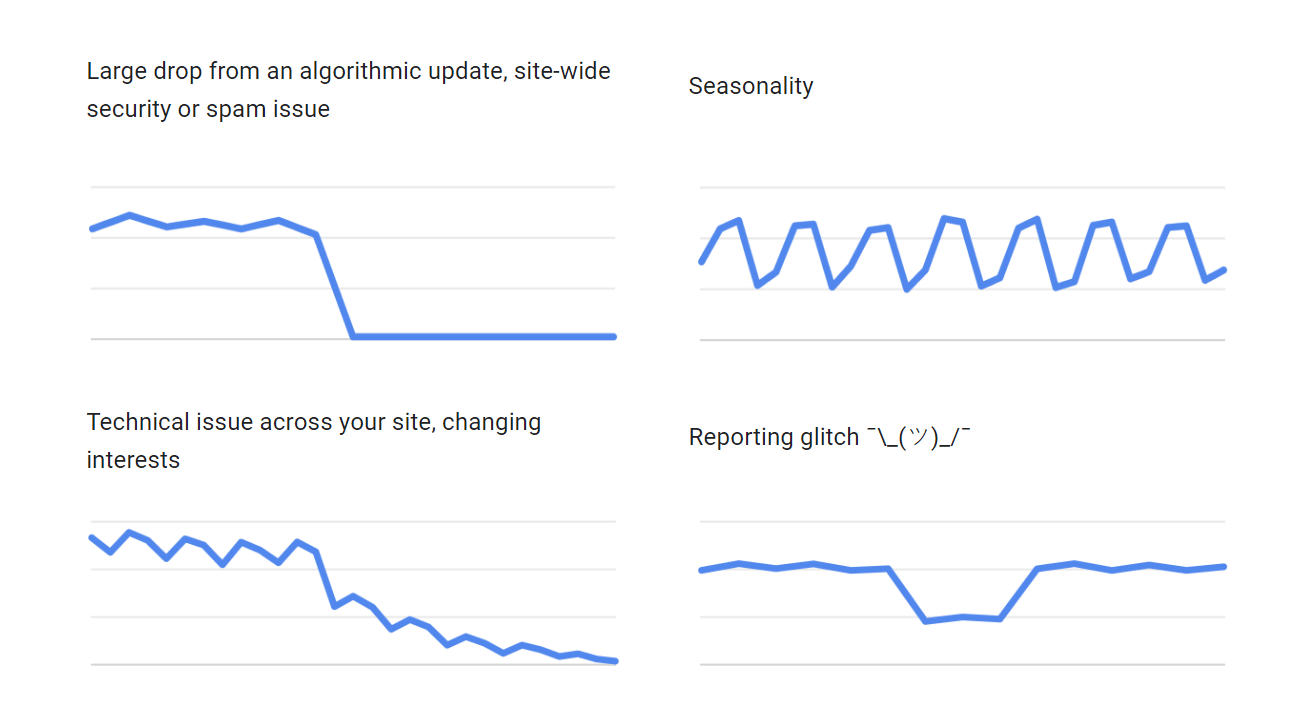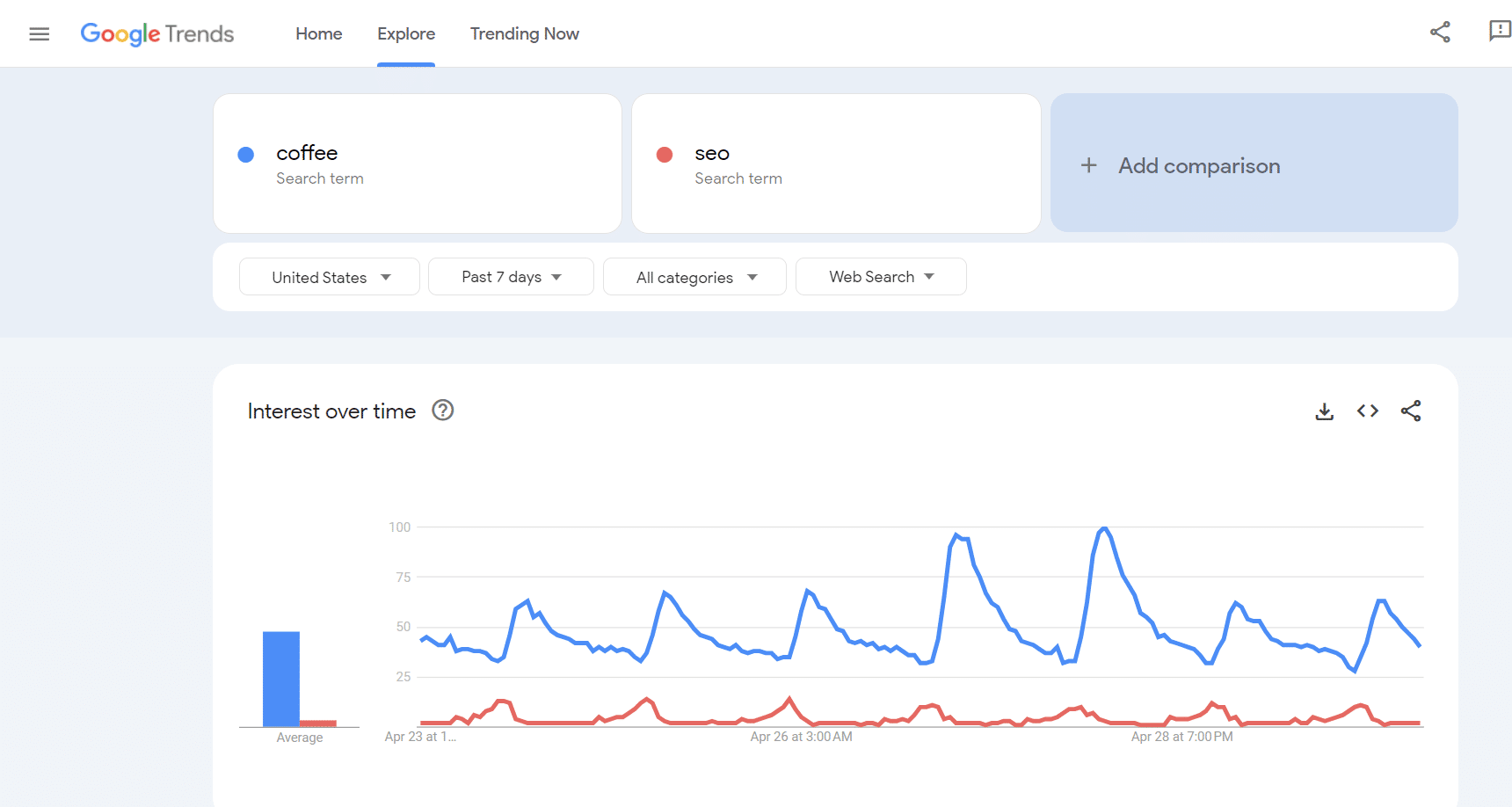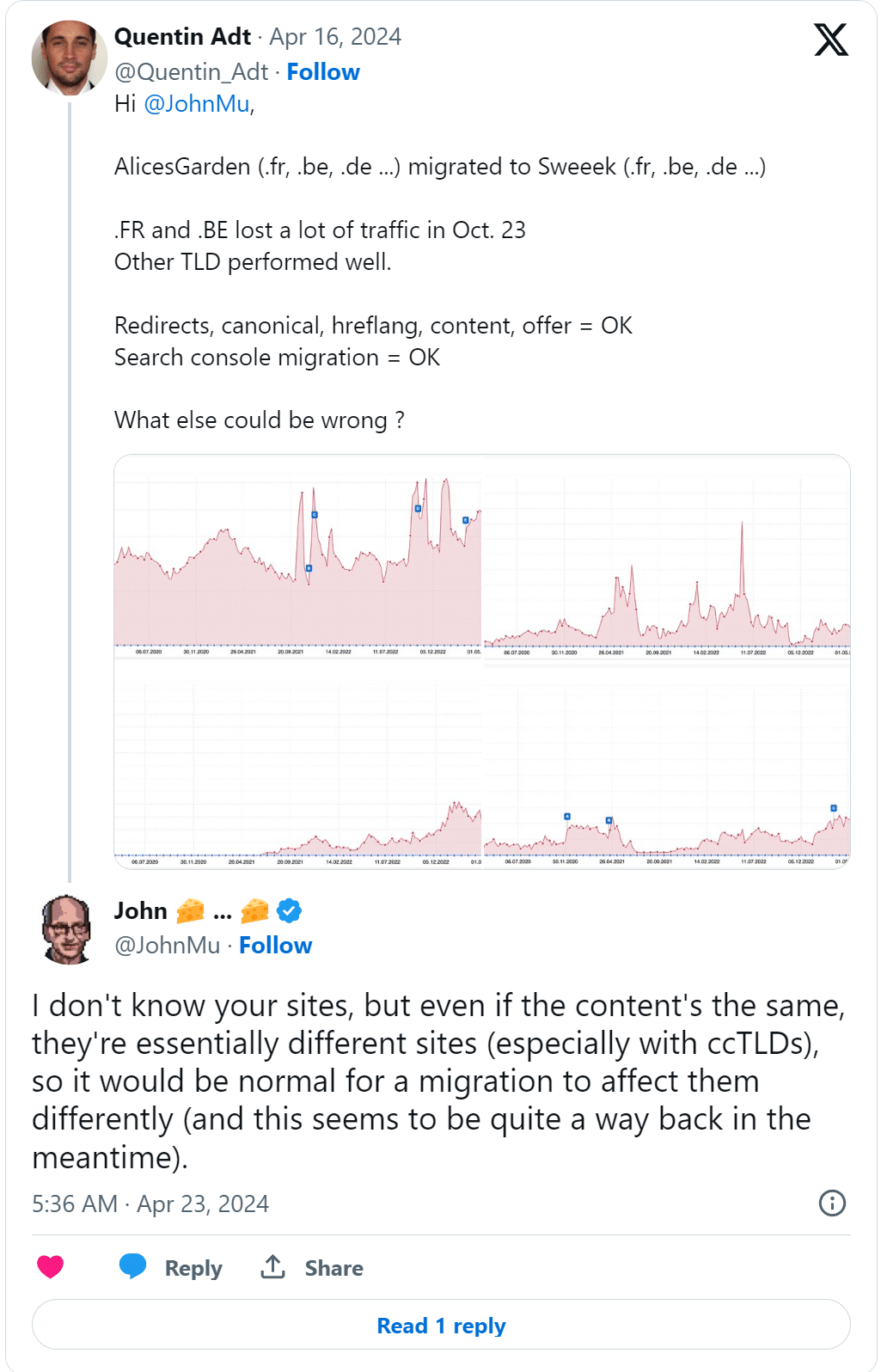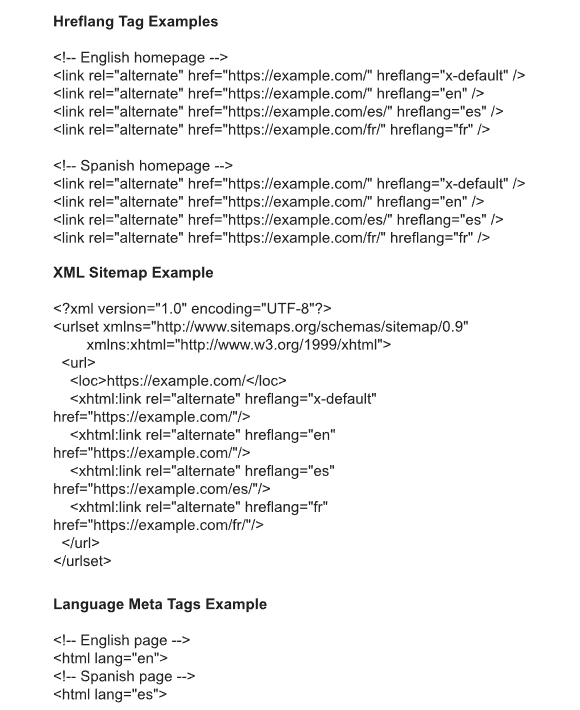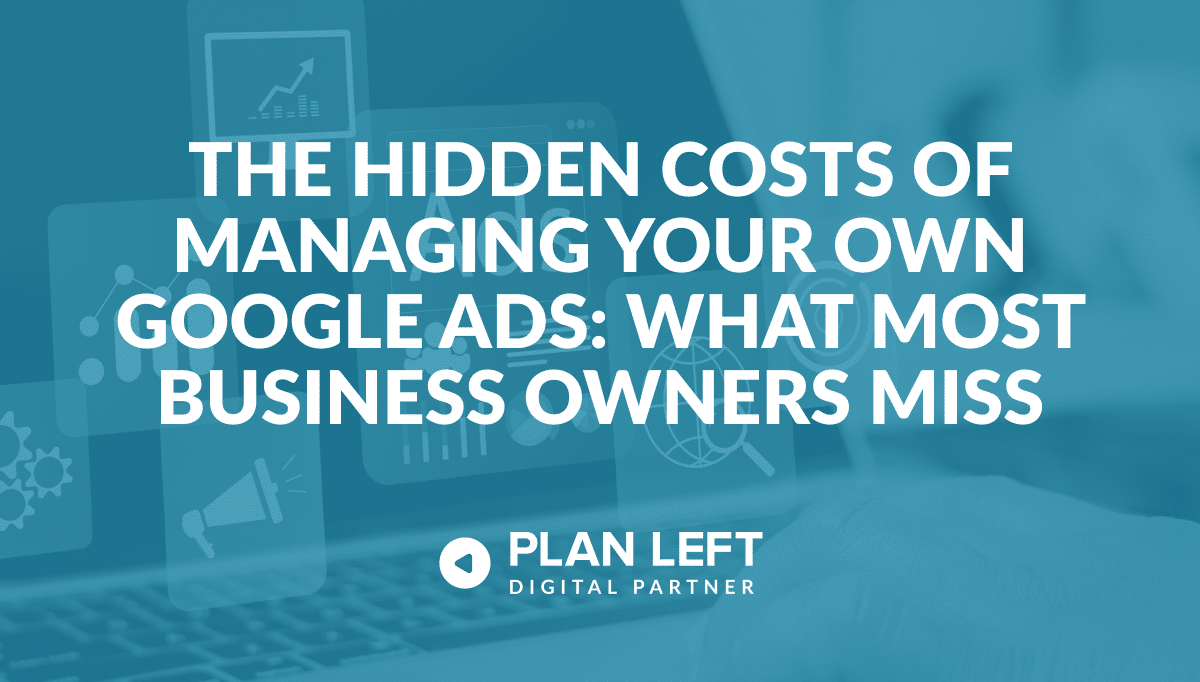
Google updated its documentation around troubleshooting the loss of website rank after the Core update completed its rollout, along with news for website owners that have been impacted that you might not be able to recover, even after updating your website, or at least not until the next update—if at all. More details are below in this week’s Coffee & SEO.
Google Core Update Finishes
After 45 days, the Google Core update concluded on April 19th, even though Google didn’t let that little nugget of information be known until April 26th.
Source: Google Search Status Dashboard
Also unexpected, but not surprising, was Google’s reduction in unhelpful content on the SERPs, which is now reported as a 45% elimination versus the 40% initially highlighted by Google when the update rolled out on March 5th.
Source: New Ways We’re Tackling Spammy, Low-Quality Content On Search, Google
Google’s Updated Documentation on Recovering After Updates
Thousands of website owners are wondering what to do now that the Core and Spam updates are done and if recovery is possible. According to Google documents, it is possible to recover, although not guaranteed, and it could take months for reviews to catch up.
Google documentation outlines the impact and recovery processes and recovery expectations. It states, “Do keep in mind that improvements made by site owners aren’t a guarantee of recovery, nor do pages have any static or guaranteed position in our search results. If there’s more deserving content, that will continue to rank well with our systems.”
Source: Google Search’s Core Updates and Your Website
If you would like to provide feedback about the March 2024 Core update, Google has provided a submission form where you can voice your concerns. Note that Google does not reply to forms submitted. This is only to submit your concerns or comments to be reviewed by Google’s team.
Changes to Google’s Website Rank Resources
With all of the changes around content that have stemmed from the Google Core and Spam updates and the concerns around traffic drops and their reasons, Google has updated the information about how to identify organic traffic loss and what different loss types or graph examples could imply as you review them.
Source: Debugging drops in Google Search traffic, Google Search Central
Google Search Advocate Daniel Waisberg has a video that expands on how to recognize the various changes in organic traffic loss, along with tips on how to identify the type of drop in organic traffic.
Clarifiers Assessing Issues and Remediation Tips
There are clarifiers as well that we’ve outlined below, as well as pro-tips to help you through your journey:
- Violating Google’s spam policies can result in lower ranking or removal from search results. Review and stay current with Google’s spam policies to ensure compliance. Also, check the Manual Actions report in Google Search Console, where penalties will be issued.
- Technical issues can prevent Google from properly crawling, indexing, or serving your web pages and can be site-wide or page-specific. Perform technical audits bi-annually to check that your website is performing at an optimal level using tools like Screaming Frog to crawl your website and identify issues.
- Changes in user behavior, trends, or seasonality affect search demand and cause traffic fluctuations. Use Analytics or other traffic reporting tools to look at YoY reports to identify whether drops in traffic are seasonal or if there is a true issue that requires further investigation.
Google also recommends using Google Trends to look at the ranking terms on your page(s) to see the seasonality or current search trends and compare those findings to your website traffic. This will help establish a starting point and either encourage the need for further research into a possible issue or relieve concerns altogether.
Source: Plan Left Google Trends Screengrab
- Changing URLs or migrating a site can lead to ranking fluctuations until Google recrawls and reindexes the site. Watch the traffic and other reporting data by being aware that it can take time for Google to catch up with recrawling and reindexing of website changes.
- Malware or phishing are security threats that can cause Google to warn users before they access your site, potentially reducing search traffic. The Security Issues report in Google Search Console will show you whether Google has detected any security threats on your site.
Google’s John Mueller Explains Multilingual Website Migration Difference Outcomes
If you are using country code top-level domains (ccTLDs) for multilingual sites, they are treated as individual websites, and rank will reflect that. A question about multilanguage website migration was posed to Google’s John Mueller about why the same exact websites were ranking differently after migrating to a different domain when the content was exactly the same, only in different languages. The response confirmed that a different website, regardless of content, is still considered a different website from Google.
Source: Google Explains A Weird Domain Migration Outcome, Search Engine Journal
Multilanguage Website Best Practices
The alternative to ccTLDs is to use a single website with language subfolders, and this is recommended as an SEO best practice for the following reasons:
- With one code base, hosting account and domain to manage, subfolders are easier to maintain than ccTLDs. This reduces the chances of duplicating issues across multiple websites as well as the time involved in remediation efforts.
- Backlinks and brand mention equity and authority are not shared but instead directed to the single root domain.
- Using sub-folders provides a better user experience, allowing the user to change between languages on one website.
- Hreflang tags and other markup uses can signal the language/location targeting with subfolders.
Source: Plan Left
Also worth mentioning is that with subfolders, it’s easier to implement additional languages versus developing new ccTLDs.
Watercooler Highlights
Even the people at Google use AI, and on a recent podcast, they test out Gemini (formerly known as Bard) and offer one piece of feedback: Check the accuracy of what you get back. Plus, third-party cookie depreciation for Chrome has been postponed with no new estimated completion date.
Google Podcast Uses Gemini & Emphasizes the Need to Fact-Check AI
Google Search Off the Record podcast members, Lizzi Sassman, Gary Illyes, and John Mueller, recently engaged with Gemini which prompted a conversation around AI and the accuracy of the information they were provided by the AI ChatBot.
Gary Illyes says:
Source: Google Stresses The Need To Fact Check AI-Generated Content, Search Engine Journal
But that’s not to say that they are against using AI. Gary goes on to say:
“I think they are pretty good for… not all of them, but some of these LLMs are really good at inspiring writing, and I tend to use it for ideas, but not to generate this block of text for me so I can copy/paste it in the doc. But what do you think would be the five top things that people might ask about this or stuff like that? And then usually it’s not correct, but it makes my brain think about those things, and then as a result, I might come up with something new that I should include in the doc or blog post.”
Third-Party Cookie Depreciation Postponed by Google
Google updated the launch time frame of their third-party cookie depreciation for Chrome via The Privacy Sandbox, stating that they will not complete the rollout as previously announced by the end of the second half of Q4.
As challenges continue to come up against the update by those in the industry, such as regulators and developers, there is no estimated timeframe for the completion but something to stay abreast of nonetheless.
Explore Latest Posts
From Feast-or-Famine to Predictable Revenue: Creating Consistency in Lead Generation The revenue roller coaster is exhausting. Some months your pipeline ... read more
February 25, 2026
Marketing Automation Tools That Actually Save Time (Not Create More Work) Your marketing to-do list keeps growing faster than you ... read more
February 18, 2026
The Hidden Costs of Managing Your Own Google Ads: What Most Business Owners Miss Google Ads seems straightforward enough: pick ... read more
February 11, 2026
Essential Strategies for Entrepreneurs
Get Actionable Business Insights & Marketing Tips
Our newsletter delivers real-world strategies from entrepreneurs who’ve been exactly where you are.
Sign up now for:
- Actionable growth strategies that work
- Insider tactics for attracting top talent
- Real-world case studies from successful founders
- Emerging tech trends that drive innovation
- Pragmatic marketing approaches for visionary leaders




